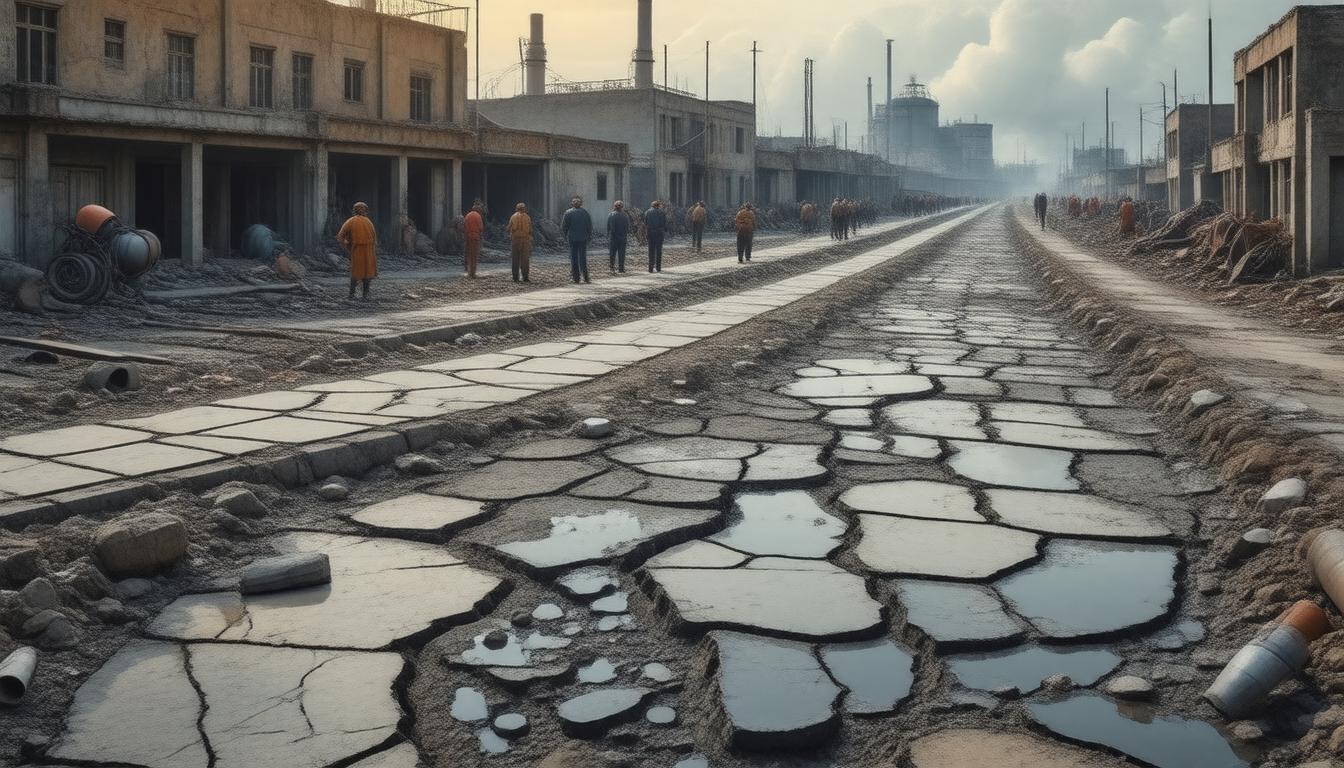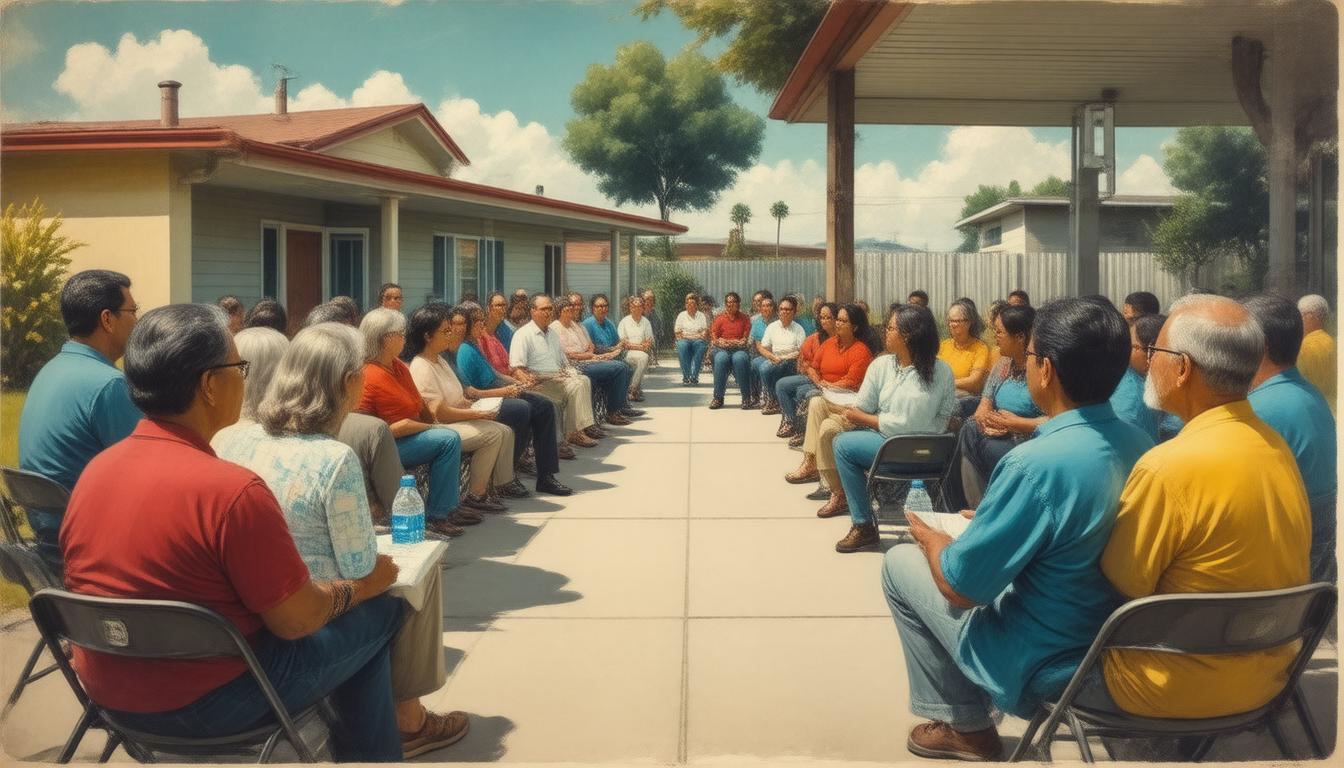

Understanding the Significance of Sewer Scope Inspections
When purchasing a home, it’s essential to consider various inspections to ensure the property’s condition. One crucial yet often overlooked inspection is the sewer scope inspection. This inspection can reveal a myriad of hidden problems that might not be detectable through standard home inspections. Using specialized cameras, professionals can identify issues such as cracks, blockages, and deteriorating materials in the sewer lines, which can save potential homeowners from future headaches.
The financial benefit of a sewer scope inspection cannot be overstated. Repairing or replacing sewer lines can incur massive costs, sometimes reaching thousands of dollars. Early detection of problems through a sewer scope inspection can prevent these significant expenses by addressing minor issues before they escalate. This proactive approach can ultimately save new homeowners a substantial amount of money.
Leveraging Inspections for Health and Structural Safety
Having detailed knowledge of the sewer system’s condition can provide buyers with valuable negotiating leverage. This information can be used to adjust the purchase price, request necessary repairs before finalizing the transaction, or prepare financially for future repairs. Awareness is a powerful tool in real estate transactions, allowing buyers to make informed decisions.
Beyond financial considerations, a faulty sewer system can pose serious health risks. Issues with the sewer can lead to the presence of harmful gases, mold growth, and infestations by rodents and parasites, all of which can jeopardize the health and safety of the home’s occupants. Ensuring the sewer system is in good working order is paramount to maintaining a healthy living environment.
Special Considerations for Older Homes
Older homes, particularly those built before the 1980s, warrant special attention during a sewer scope inspection. These homes may have outdated materials such as asbestos, clay, lead, cast iron, or Orangeburg pipes, which are more susceptible to damage and deterioration. Identifying and addressing these issues is crucial for preventing structural damage such as flooding, foundation damage, or shifting of the home’s foundation.
Potential warning signs indicating the need for a sewer scope inspection include unusual smells, sluggish drains, gurgling sounds, and signs of land sinking or unusually lush patches of grass along the sewer line. Engaging a professional with the right expertise and specialized equipment ensures an accurate and thorough inspection report, providing peace of mind and protection for the new home investment.







